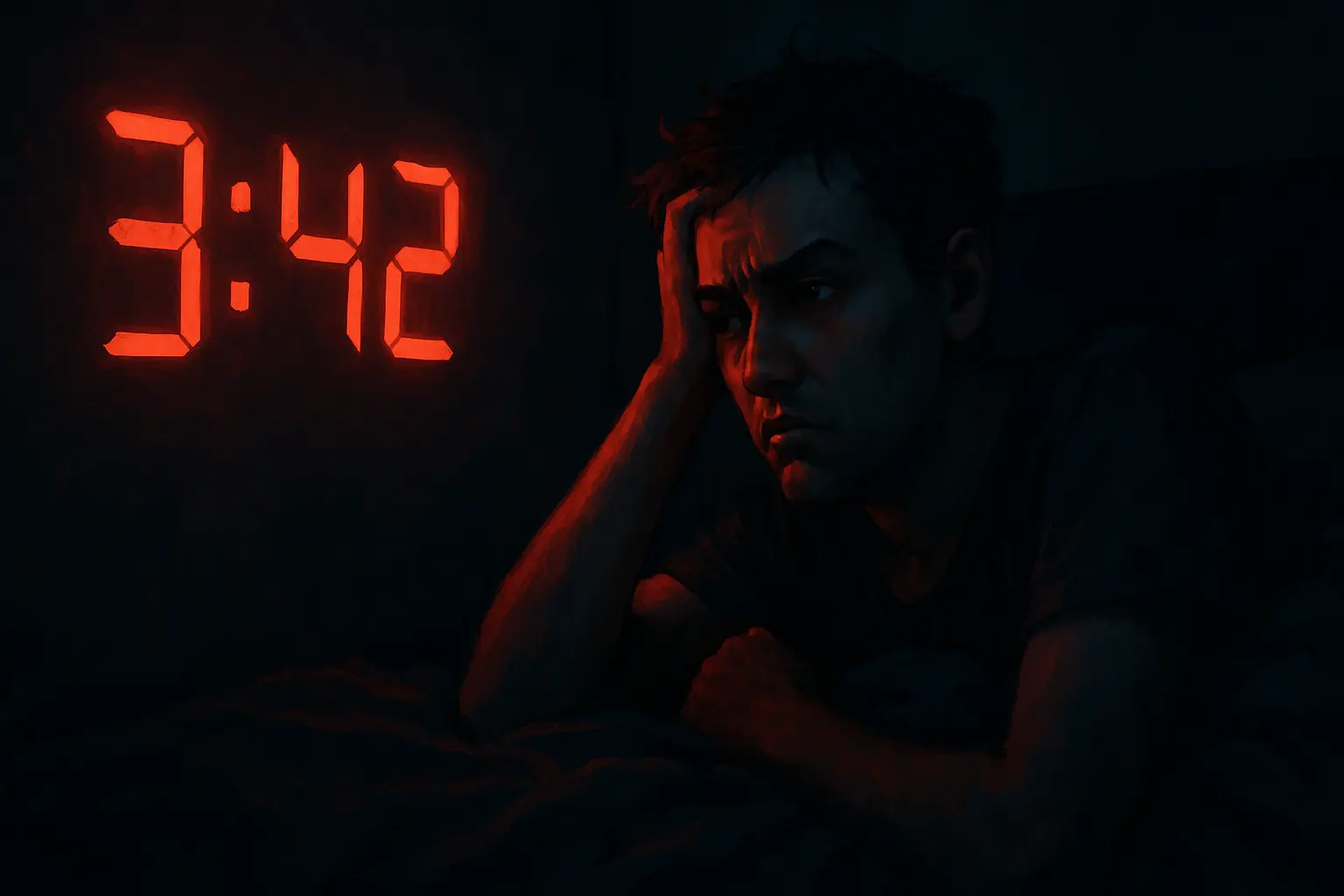Sleep and Mental Health: How Restorative Sleep Protects Your Mind
Sleep isn’t just a nightly ritual — it’s a cornerstone of mental health. Studies show that chronic poor sleep increases the risk of depression, anxiety, and cognitive decline. Understanding this connection can help you take actionable steps to protect your mind.
How Sleep Affects Mental Health
Sleep regulates neurotransmitters and stress hormones like serotonin, dopamine, and cortisol. Insufficient or fragmented sleep can:
- Intensify anxiety and irritability
- Reduce emotional resilience
- Impair memory, focus, and decision-making
- Exacerbate existing mental health conditions
Even a single night of poor sleep can make emotional regulation harder, affecting interactions and performance the next day.
Practical Strategies for Better Sleep and Mental Health
-
Maintain a consistent sleep schedule
Going to bed and waking at the same time daily strengthens your circadian rhythm. -
Mindfulness and relaxation
Meditation, yoga, or deep breathing before bed reduces stress and cortisol levels. -
Optimize sleep environment
Darkness, cool temperature, and quiet support melatonin production and uninterrupted sleep. -
Limit caffeine and alcohol
Both disrupt sleep cycles and can worsen anxiety or depressive symptoms. -
Track and analyze sleep
Using apps like SnailSleep allows you to monitor sleep quality, snoring, and restlessness, helping you correlate sleep patterns with mood changes.
Real-Life Example: Emma’s Journey
Emma, a 34-year-old teacher, struggled with anxiety and afternoon mood swings. By establishing a consistent bedtime, practicing nightly meditation, and tracking her sleep with a smart app, she noticed a dramatic improvement. Within weeks, daytime anxiety reduced, her mood stabilized, and her cognitive focus improved. Sleep became both restorative and protective for her mental health.
Lifestyle Habits That Support Both Sleep and Mental Health
- Regular physical activity: Morning or afternoon exercise improves mood and sleep quality.
- Balanced diet: Nutrients like magnesium, tryptophan, and omega-3 fatty acids support both sleep and emotional well-being.
- Social connection: Positive social interactions reduce stress and improve sleep.
When to Seek Professional Help
Persistent sleep disturbances with mood swings, anxiety, or depression warrant professional attention. A sleep specialist or mental health professional can provide evaluation and structured interventions, often combining therapy, lifestyle adjustments, and tracking technology for best results.
Related Articles
- Tracking Your Sleep with Technology: A Step-by-Step Guide
- Sleep and Mental Health: The Bidirectional Relationship
- How Stress Sabotages Your Sleep — And What You Can Do About It

